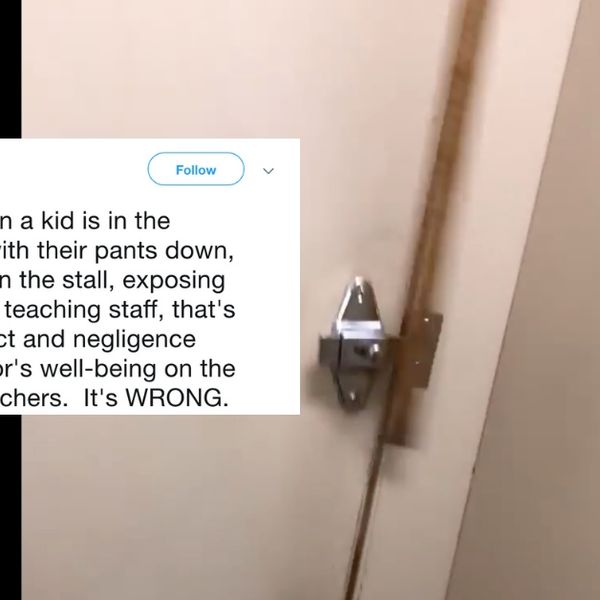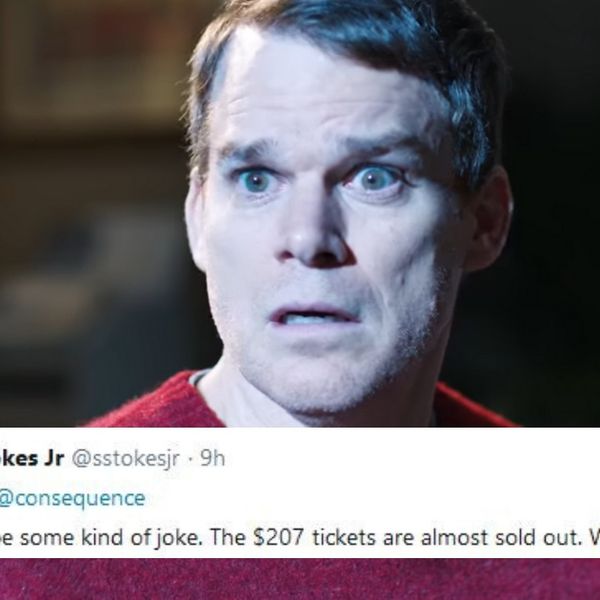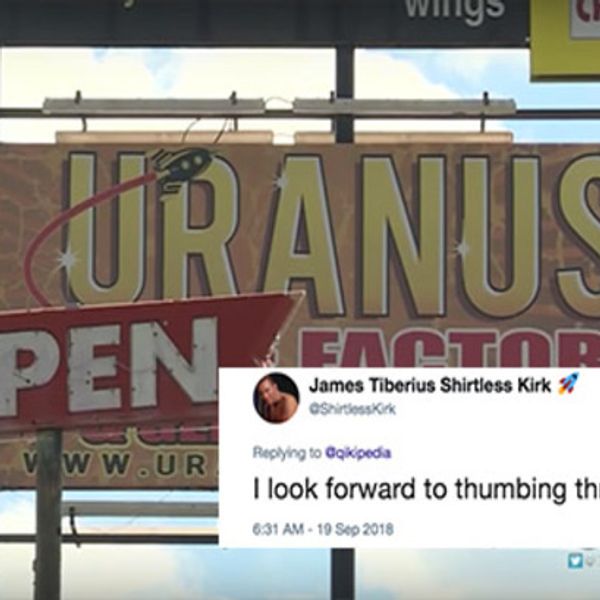July, 2000, TORONTO - The theme running through this past month turned out to be interchange; interchange of many kinds - international, cultural, technological and generational. And it had me traveling over half this globe to three nations.
The first country I traveled to was Japan. I am a commissioner on the Japan-U.S. Friendship Commission, an independent Federal agency that has as its mission, broadly put, to enrich mutual understanding. One of our projects is to utilize the internet by building a site that chronicles the past fifty-year history of the cultural and educational interchange between our two nations. The U.S. working group, of which I am a member, met with our Japanese counterparts to set the basic architecture of the prototype and to outline the content of the site.
Our two-day agenda was fully packed. June was the rainy season in Tokyo and, true to the time of year, it rained both days of our meeting. The air was dense and steamy but, thankfully, air-conditioning made our working time productive. In concert, we set the structure of the project and arrived at mutual agreements on the subjects to be addressed on the site. The bi-national internet interchange project is off to a good start. Our timetable is to have the prototype ready by next spring.
The next day, changing roles, I put on my hat as the Chairman of the Japanese American National Museum for a series of meetings arranged by the Tokyo office of the Los Angeles Convention and Visitors Bureau. Our strategy is to increase tourism by the Japanese to Los Angeles - or people interchange -- by highlighting the Japanese American National Museum. The meetings were with Japanese travel bureaus and agency representatives. Lunch was with about a dozen Japanese travel journalists at a Chinese restaurant. I discovered, however, that my attraction to these people was -- not so much my chairmanship of the Japanese American National Museum -- but as Captain Sulu of Star Trek. One of the journalists even brought his collection of Star Trek books as well as the blueprint of the Starship Enterprise to be autographed. I noted for him that my Captain Sulu uniform from "Star Trek VI: The Undiscovered Country" was on display at the Japanese American National Museum. Whatever the occasion, Star Trek is an inevitable part of anything with which I might be associated. As long as my primary mission is served - in this case, increased attendance at the Japanese American National Museum - I am a willing Captain Sulu. Star Trek is a powerful magnet for any good cause.
The next evening, however, was an unadulterated Star Trek event. Russ Haslage of the Excelsior campaign had arranged via the internet for me to meet with a small group of Japanese Star Trek fans that are supporters of the Excelsior campaign for a relaxed evening over sushi. The enthusiasm for a new "Star Trek: Excelsior" television series, it seems, spans this globe.
I discovered that many of the Japanese fans were studying English. So I proposed that we make our evening an opportunity for some linguistic interchange. I promised to speak to them in Japanese if they would try to speak to me in English. It was an engaging evening of lively conversations in broken accents and laughter mixed with mangled syntaxes.
A week in Tokyo seems to fly at warp speed. Before an electrifying performance of Kabuki at the famed Kabuki-za Theater or a day trip to the dazzling new development complexes built on land fill in Yokohama could become fond memories, I found myself on a plane bound for home. I left Tokyo at 3 p.m. on a Saturday afternoon and, after a numbing ten-hour flight, arrived back in Los Angeles at 9 a.m. on that same Saturday morning! I was back before I had even left! Not only was I jet-lagged, I had to live through another Saturday. What unanticipated forms of punishment will warp speed impose?
With only the two Saturdays and a Sunday for recovery back in Los Angeles, I was off to Washington D.C. for a momentous event. Twenty-two Asian American veterans of World War II were to be granted the Medal of Honor, the highest military accolade this country can grant. At the end of the war more than fifty years ago, they had been given the second highest honor, the Silver Star. But because of the prevailing attitudes toward Asian Americans at the time, and especially toward Japanese Americans, the Pentagon was requested to again review the records of the Asian American Silver Star recipients. Twenty-two of them - twenty being Japanese Americans with one Chinese and one Filipino- were found to be worthy of the Medal of Honor. The greatest honor a soldier can receive was to be awarded at a White House ceremony by the President and, on the following day, they were to be inducted into the Hall of Heroes at the Pentagon. I was again to represent the Japanese American National Museum at both events and I had the honor of serving as the master of ceremonies of the celebration reception in the evening. But I also had a personal responsibility to be there as well. I owed an enormous debt to these veterans.
The America that I enjoy today is a vastly different world from that before World War II. The opportunities I enjoy today, where Asian Americans can choose to live wherever we want, receive the education for which we qualify, have the freedom to pursue the careers that we want, are possible in large measure because of the gallantry of these extraordinary men. They fought for a nation that had incarcerated their families behind the barbed wires of internment camps. Their country had failed the ideals to which these young men had pledged their allegiance every day in school -- but they had not. Their incredible faith in those ideals and their extraordinary valor changed, not only the course of the war, but the hearts and minds of a nation. I owe so much to them. The legacy of their generation to mine is enormous. I owe my America to them. My pride as an American is solidly based on the awesome price they paid. To witness the seven surviving veterans, some of who are now frail and unsteady in their steps, receiving the Medal of Honor from the President in the White House was a profoundly moving experience. One of them was my friend, U.S. Senator from Hawaii, Daniel Inouye. I will never forget that moment.
A quick shuttle flight for a meeting in New York and I was again back in Los Angeles to perch briefly at home. But two days later, I was back in what is now becoming my second home -- an airline seat - bound for Toronto, Canada. I am working on the narration of a documentary on Canada's effort to develop a new, low-cost and clean source of energy - nuclear fusion.
A sobering fact is that world energy consumption will at least double by the year 2010 - only ten years off. Canada's campaign to develop fusion energy, or energy produced by the combining of atoms -- as opposed to fission, or the splitting of atoms -- is in concert with a consortium of nations. As a citizen of the U.S., but also as a futurist and an environmentalist, I am excited to be participating, if only as an actor-narrator, on this visionary project. I certainly feel I have a duty to make up for the part I have played in my heavy consumption of energy jetting all over our much-beleaguered planet.











